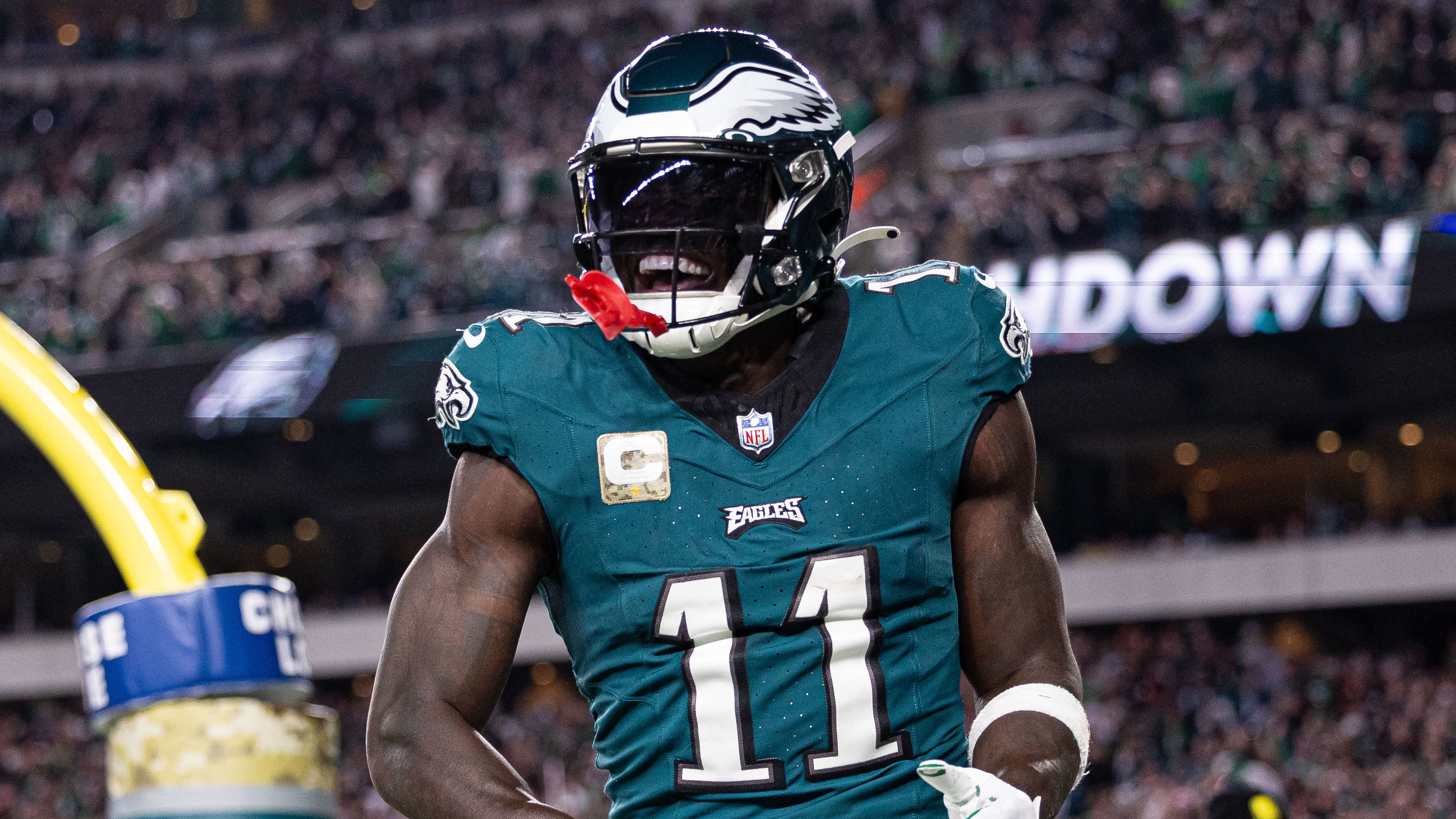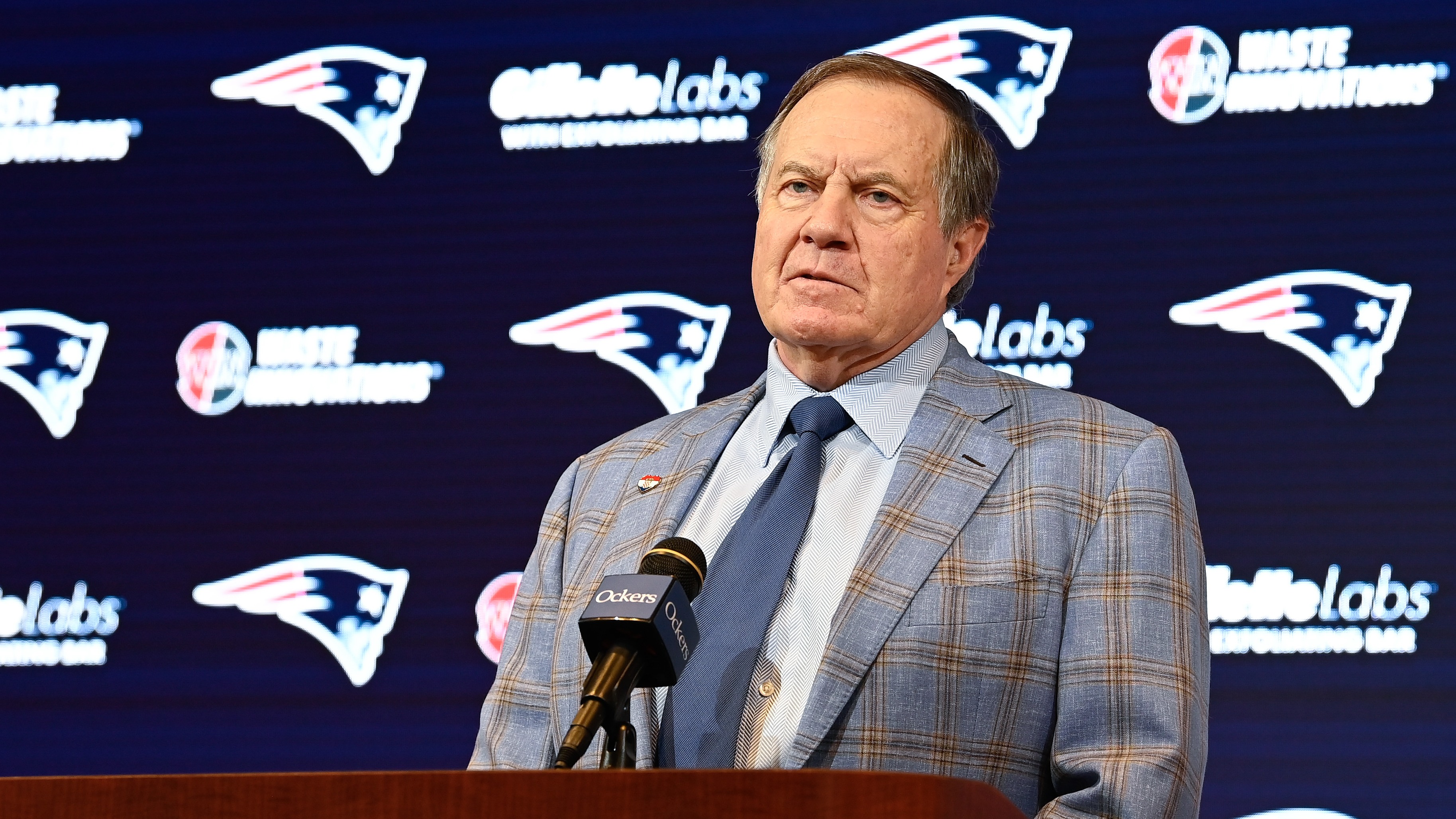FOXBORO – We all know the Patriots make a lot of deals during the draft. But it took drilling down into all the draft deals the team’s executed under Bill Belichick to get a real appreciation for how unbelievably important they’ve been to the success of the franchise.
Consider the players landed thanks, in part, to draft deals: Matt Light, Randy Moss, Dont'a Hightower, Jerod Mayo, Vince Wilfork, Ty Warren, Chandler Jones, Jamie Collins, Julian Edelman, Rob Gronkowski, Patrick Chung, Eugene Wilson, Trent Brown. If you’re picking in a crappy slot – which the Patriots annually are – you better be inventive in acquiring extra picks so you can move around. And you better know what your neighbors are up to.
I asked Belichick on Wednesday during the predraft press conference about the importance of being familiar with the needs of the teams drafting around the Patriots.
“We track it the best we can,” he acknowledged. “I think there’s a lot of misinformation that’s out there now. There’s sometimes other accurate information that you can obtain through one source or another. I think sometimes it’s relevant.”
Pause there because it’s telling. To Belichick and the Patriots in general, good information is gold. It doesn’t matter where it comes from. In the course of his football life, Belichick’s relied on people as varied as the brilliant and reclusive Joel Buchsbaum, a man whose life’s passion was watching and scouting college players, to national media members who are clearinghouses for information gathered from Belichick’s peers, to the pipeline of college coaches who either once worked with Belichick or have grown up in the game revering him.
As taciturn as Belichick might be at a podium, he’ll be downright chatty with people who can make him smarter. It’s part of his skillset. And – for a man of 66 – it’s impressive because, while he might be regarded as the football person closest to knowing it all, he is forever willing to learn.
Back to live action.
New England Patriots
Belichick said that when targeting a particular player, it’s not just the team on the clock you need to be wary of. It’s anyone who needs your guy.
“A lot of times it’s not the team right in front of you; it’s a team somewhere else,” said Belichick. “A team that could be … at a location behind you, that may be looking at a certain position or a certain player that could affect your draft strategy, as well.
“The team in front of you might not have any need for or even want a type of player you’re considering but that doesn’t really mean anything because anybody could move up into that spot and take that player,” Belichick added. “It’s all relevant.”
The intel is vital because when a team is on the clock, it’s imperative to know what they are seeking. If the team selecting wants to trade out for whatever reason, who might be coming up. And what is that team looking for.
“In the first round, I mean, we’re not going from … 32 to eight, whatever it is. That’s not realistic,” said Belichick. “There could be a team at, whatever – 40, that’s really more of a problem for us than the team at 31. We usually have a decent amount of time between our picks to identify, "OK, here are the players that we’re considering. Here are the teams that are around us." If one of those teams is actively trying to trade out then that means somebody is going to trade in and who could they be coming up for, how would that affect us, do we want to get ahead of that team, do we care?”
The Patriots made a pre-emptive deal in 2003 to get Ty Warren. New England was at 14. The Bears were at 13 and trying to deal down. The Pats didn’t want someone else to jump up and grab Warren. New England moved up one spot by dealing with the Bears. Chicago got a sixth-round pick for the favor of moving back one spot.
The Patriots have often been the team moving up as well. They did it for Gronk in 2010, Light in 2001 and for both Hightower and Jones in 2012.
“There’s multiple examples of it and moving back is obviously just the reverse of that if you feel like you can take the same player at a lower point in the draft and acquire another asset somewhere, there’s merit to doing that (which the Patriots did in 2010 with Devin McCourty),” said Belichick. “You don’t want to lose the player that you want but maybe that’s a player that or maybe there’s multiple players there and in that particular circumstance that big of a differential. If you can gain an asset, gain value by doing that, then there’s a strategy that makes that a consideration.”
Some of what Belichick is relating is common sense. But the predraft legwork required so that the Patriots have a handle on what everyone else wants is anything but elementary.
Click here to check out Phil Perry's NFL Mock Draft>>>>
Click here to download the new MyTeams App by NBC Sports! Receive comprehensive coverage of your teams and stream the Celtics easily on your device.


